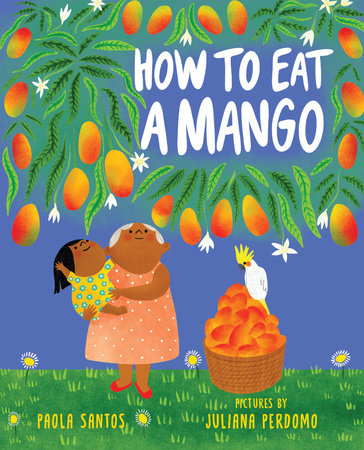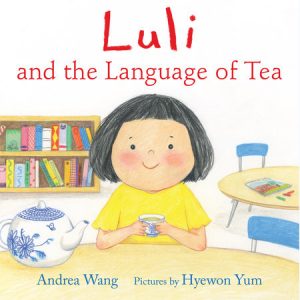By Kathy G. Short, University of Arizona, Tucson, AZ
 One of the most interesting (and mouthwatering) trends in the 2024 recommended global books lists are books focused on the role of food within families, particularly related to memory and culture. Food connects children across generations to their families, serving as a source of comfort and a means of passing on cultural traditions. Food is also a source of hope in times of despair and can invite cross-cultural connections and relationships.
One of the most interesting (and mouthwatering) trends in the 2024 recommended global books lists are books focused on the role of food within families, particularly related to memory and culture. Food connects children across generations to their families, serving as a source of comfort and a means of passing on cultural traditions. Food is also a source of hope in times of despair and can invite cross-cultural connections and relationships.
The many roles of food within children’s lives are evident in four new picturebooks on mangoes set in different global cultures. Mango Memories by Sita Singh and Nabi Ali (2024) is set in India where a young girl is finally old enough to help harvest mangoes from her favorite tree. Each family member shares a favorite mango memory as they work, while the girl worries that she will not have a memory to add to the family lore. This book pairs well with How to Eat a Mango by Paola Santos and Juliana Perdomo (2024), in which a young Venezuelan girl dreads having to pick up the sticky mangoes that fall from a tree. Her Abuelita shows her how to appreciate the fruit by using her senses to listen, feel, smell, and see mangoes, and then finally to taste the joy of eating a mango. In Julie and the Mango Tree by Sade Smith and Sayada Ramdial (2023), a young Jamaican girl is on a quest to convince her favorite mango tree to share its delicious fruit. When the wind drops too many mangoes, Julie joyfully shares the fruit with her community. The Mango Tree/La mata de mango by Edel Rodriquez (2024) is a wordless book in which two boys spend their days playing in a mango tree until one day a storm sweeps one of the boys and the tree into unknown waters. The illustrator engages readers in a fantastical take on his childhood experiences as a Cuban immigrant. Continue reading




 Luli and the Language of Tea opens with Luli coming into a preschool classroom with children from many cultures and countries. Their parents are attending an ESL class next door. The text reads, “The playroom was quiet./ Luli couldn’t speak English./ Neither could the others./ All around the room, children played alone.”
Luli and the Language of Tea opens with Luli coming into a preschool classroom with children from many cultures and countries. Their parents are attending an ESL class next door. The text reads, “The playroom was quiet./ Luli couldn’t speak English./ Neither could the others./ All around the room, children played alone.”